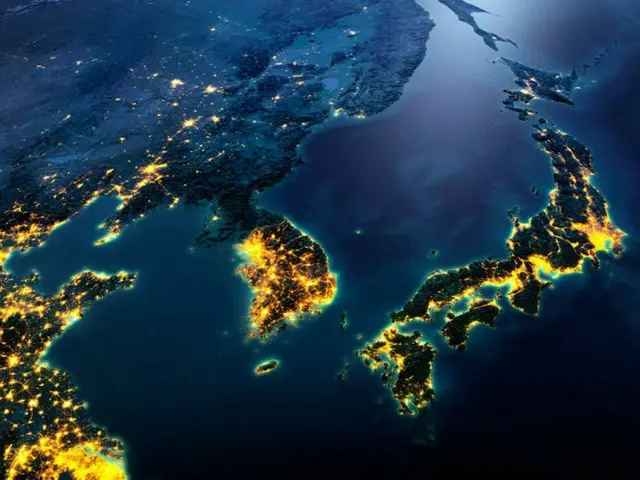The South Korean government has applied to allow the use of the maps in its data centers. The deadline for the review has already been extended, and the government must reach a decision by August 11.
The United States has notified South Korea that it will impose a 25% tariff on its products from August 1 if the tariff negotiations are not concluded.
The deadline for a decision on whether to allow the transfer is effectively the end of July. This is the third time that Google has requested the transfer of its precision maps, following its requests in 2011 and 2016. This time, the company is promoting its "America First" policy.
In two rounds of review, the Korean government said it would not allow Google to export maps if it placed servers in the country and disguised classified information such as military bases or processed them at low resolution.
However, Google did not accept any of the conditions. This response was due to Apple, which had requested the transfer of the precise map, placing its servers in Korea and being flexible to the demands of the Korean government.
This is in stark contrast to the soft stance that the US has taken. The problem is trade. President Trump's tariff policy is tough even on friendly countries, and the tariff rates vary by country. The South Korean government has once again used its security as a pretext to carefully
If the export of dense maps is not permitted, we cannot help but be concerned about the impact. It is true that some in Japan have criticized the ban on the export of precision maps as a Galapagos-like regulation that is far removed from global trends.
In particular, using Google Maps is inconvenient in Korea. Foreign tourists visiting Korea also find the 1:25,000 scale map inconvenient.
The simplest solution would be for Google to respect Korea's unique security characteristics and accept the Korean government's request.
The condition is that the government must give permission to remove the maps. If that is difficult, they will have to resort to the next best option. The ministry in charge of removing the detailed maps is the Ministry of Land, Infrastructure and Transport, as well as the Ministry of National Defense, the Ministry of Foreign Affairs, the Ministry of Unification, the Ministry of Trade, Industry and Energy, and the Ministry of Trade, Industry and Energy.
The review will be conducted by a government consultative body that includes the Ministry of Trade, Industry and Energy, the Ministry of the Interior and Safety, and the National Intelligence Service. National security is an absolute value that cannot be abandoned. However, we cannot abandon our national interests either.
The government must quickly reach a consensus as soon as the new ministers take office.
2025/07/15 07:09 KST
Copyrights(C) Edaily wowkorea.jp 107

